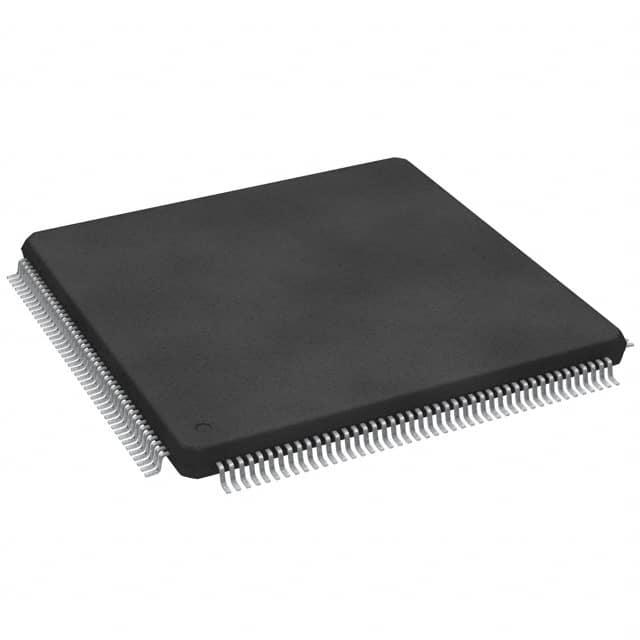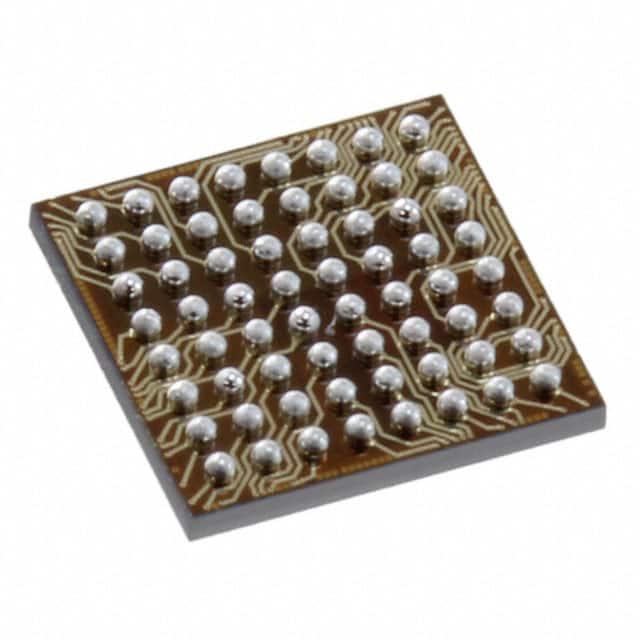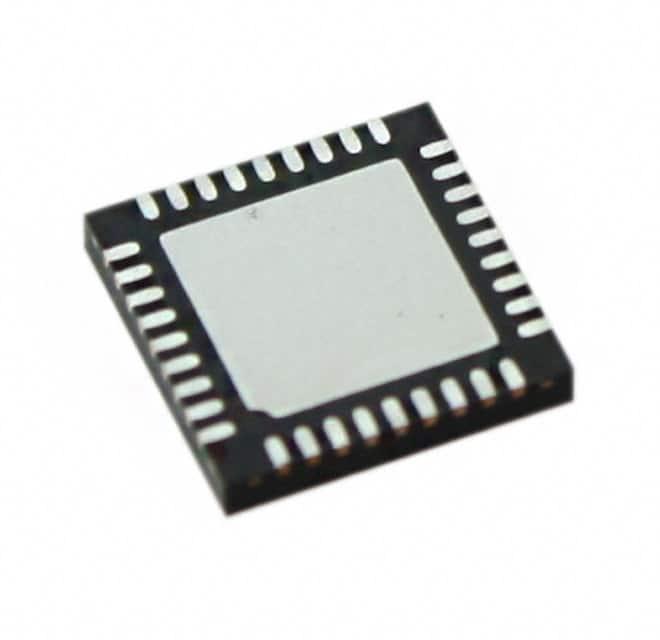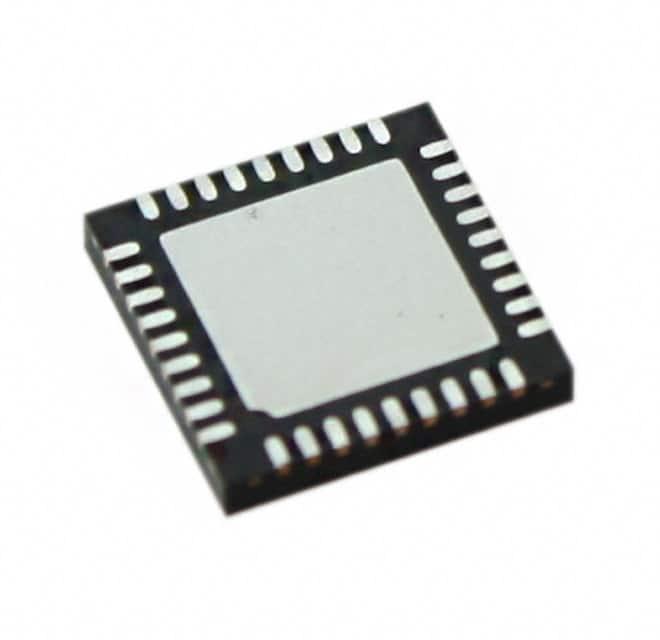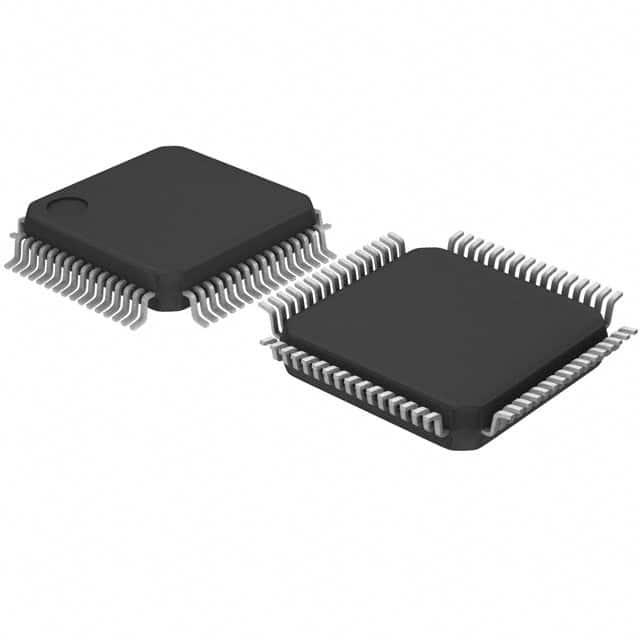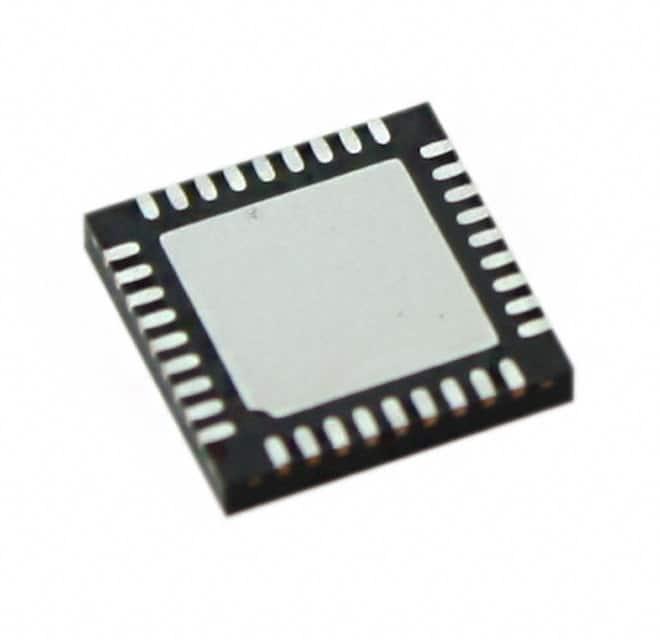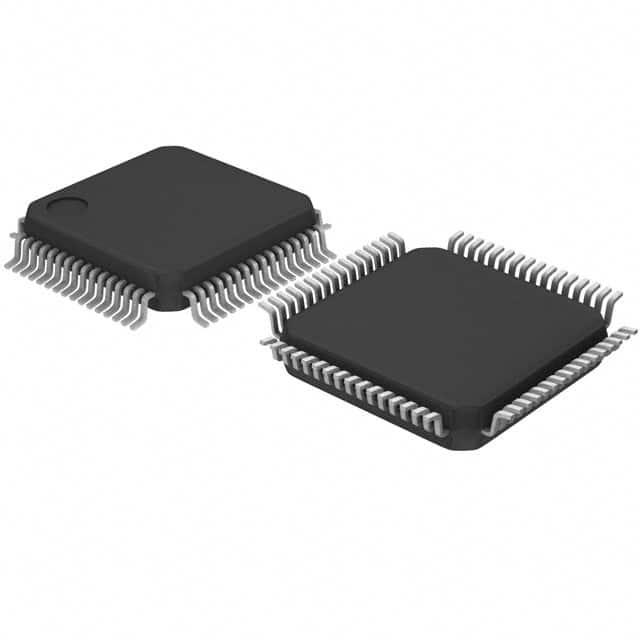| Specification of STM32H7B3IIT6 | |
|---|---|
| Status | Active |
| Series | STM32H7 |
| Package | Tray |
| Supplier | STMicroelectronics |
| Digi-Key Programmable | Not Verified |
| Core Processor | ARM Cortex-M7 |
| Core Size | 32-Bit Single-Core |
| Speed | 280MHz |
| Connectivity | Camera, CANbus, EBI/EMI, HDMI-CEC, IC, IrDA, LINbus, MDIO, MMC/SD/SDIO, PSSI, SAI, SPDIF, SPI, SWPMI, UART/USART, USB OTG |
| Peripherals | Brown-out Detect/Reset, DMA, IS, LCD, POR, PWM, WDT |
| Number of I/O | 119 |
| Program Memory Size | 2MB (2M x 8) |
| Program Memory Type | FLASH |
| EEPROM Size | – |
| RAM Size | 1.4M x 8 |
| Voltage – Supply (Vcc/Vdd) | 1.62V ~ 3.6V |
| Data Converters | A/D 20x16b; D/A 3x12b |
| Oscillator Type | Internal |
| Operating Temperature | -40C ~ 85C (TA) |
| Mounting Type | Surface Mount |
| Package / Case | 176-LQFP |
| Supplier Device Package | 176-LQFP (24×24) |
Applications
The STM32H7B3IIT6 is ideal for applications requiring high processing power and low-power consumption. It excels in automotive systems where it can manage complex control algorithms while maintaining long battery life. In industrial automation, its robustness and precision make it suitable for tasks like machine vision and sensor integration. Additionally, it supports advanced multimedia applications such as video encoding/decoding and high-resolution display interfaces.
Key Advantages
1. The STM32H7B3IIT6 features a 64-bit Arm Cortex-M7 core running at up to 480 MHz, providing exceptional processing speed.
2. Its unique architecture includes integrated hardware cryptography accelerators that enhance security capabilities significantly.
3. The chip offers excellent power efficiency, consuming less than 1 mW per megahertz under typical operating conditions.
4. It complies with various certification standards including ISO 26262 for automotive safety and IEC 61000-6-2 for electromagnetic compatibility.
FAQ
Q1: Can the STM32H7B3IIT6 be used in automotive applications?
A1: Yes, it is designed specifically for automotive environments, supporting ISO 26262 safety standards.
Q2: Is the STM32H7B3IIT6 compatible with other STM32 series devices?
A2: While it shares some architectural similarities, specific peripherals may differ, so detailed compatibility testing is recommended.
Q3: What development tools should I use for the STM32H7B3IIT6?
A3: We recommend using Keil MDK for C/C++ development and STmcds for debugging and profiling.
Other people’s search terms
– STM32H7B3IIT6 applications
– STM32H7B3IIT6 key advantages
– STM32H7B3IIT6 FAQ
– STM32H7B3IIT6 development tools
– STM32H7B3IIT6 certifications

